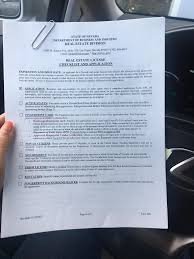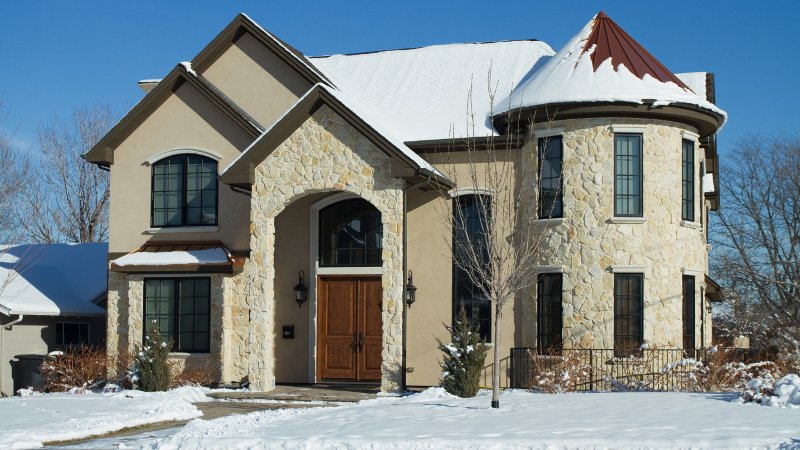
A Realtor is someone who assists buyers and sellers in finding properties. They manage the complexity of the process such as marketing, paperwork and negotiation. Realizing that the job of a realtor can be difficult is something you should take into consideration. This is a career that requires the right tools.
A Realtor is an individual licensed to work as a member of National Association of Realtors (NAR). There are three kinds of agents: a buyer’s and seller’s agent as well as a broker. The roles are similar but there are some differences. Typically, the buyer's agent is more educated than the seller and has more experience in this field.
The duties of a realtor include negotiating deals, drafting contracts and facilitating communication between buyers and sellers. They also coordinate the closing. In order to make sure that the transaction goes smoothly, a realtor may be able to work with an appraiser, title company or other contractors.

The process of buying a house can be stressful and overwhelming. A Realtor who is familiar with your needs will help you to minimize stress. Make sure you ask questions and investigate their experience in the local area. Your Realtor will be able to point you in the right direction if you are unsure of anything.
The first thing your Realtor will do is discuss your goals. After doing extensive research, the Realtor will devise a plan to help you get your home in top shape. This may include repairs, staging and organizing for an inspector. A Realtor will also assist you in setting up an open house. In today's market sellers are in a rush. Agents who are skilled will be able reduce the time required to sell your house.
Next, your Realtor will create a marketing strategy. He or she will use social media to promote your property, and may also host an open house. You can also list your property on the MLS. The MLS is a database that lists all homes in your area.
Finally, your Realtor will go over the offers with you. Once you find the one that is a good match for you, your Realtor will negotiate with the other party on your behalf. Typically, your Realtor will prepare a contract tailored to your specifications. During walkthroughs and inspections, your Realtor may also be involved in this process.

Your Realtor will also prepare and deliver a CMA. This report will highlight key features of the property, and allow you to compare it to similar homes in the same area. Your Realtor will create an offer based upon your price range using these details. Your Realtor will be with you throughout the transaction.
A commission is a payment you receive for your services as a Realtor. Most agents take home about 30% to 90% of the actual commission earned.
FAQ
Can I get a second mortgage?
Yes. However, it's best to speak with a professional before you decide whether to apply for one. A second mortgage is used to consolidate or fund home improvements.
Do I need flood insurance?
Flood Insurance covers flood damage. Flood insurance helps protect your belongings and your mortgage payments. Learn more information about flood insurance.
How long will it take to sell my house
It depends on many factors including the condition and number of homes similar to yours that are currently for sale, the overall demand in your local area for homes, the housing market conditions, the local housing market, and others. It takes anywhere from 7 days to 90 days or longer, depending on these factors.
What should I be looking for in a mortgage agent?
Mortgage brokers help people who may not be eligible for traditional mortgages. They look through different lenders to find the best deal. This service may be charged by some brokers. Others provide free services.
How much does it cost to replace windows?
Window replacement costs range from $1,500 to $3,000 per window. The total cost of replacing all of your windows will depend on the exact size, style, and brand of windows you choose.
How can I get rid of termites & other pests?
Over time, termites and other pests can take over your home. They can cause serious destruction to wooden structures like decks and furniture. It is important to have your home inspected by a professional pest control firm to prevent this.
Statistics
- Based on your credit scores and other financial details, your lender offers you a 3.5% interest rate on loan. (investopedia.com)
- Some experts hypothesize that rates will hit five percent by the second half of 2018, but there has been no official confirmation one way or the other. (fortunebuilders.com)
- Private mortgage insurance may be required for conventional loans when the borrower puts less than 20% down.4 FHA loans are mortgage loans issued by private lenders and backed by the federal government. (investopedia.com)
- This means that all of your housing-related expenses each month do not exceed 43% of your monthly income. (fortunebuilders.com)
- It's possible to get approved for an FHA loan with a credit score as low as 580 and a down payment of 3.5% or a credit score as low as 500 and a 10% down payment.5 Specialty mortgage loans are loans that don't fit into the conventional or FHA loan categories. (investopedia.com)
External Links
How To
How to Find an Apartment
When moving to a new area, the first step is finding an apartment. This requires planning and research. It involves research and planning, as well as researching neighborhoods and reading reviews. There are many ways to do this, but some are easier than others. Before renting an apartment, you should consider the following steps.
-
Online and offline data are both required for researching neighborhoods. Online resources include Yelp. Zillow. Trulia. Realtor.com. Local newspapers, landlords or friends of neighbors are some other offline sources.
-
Read reviews of the area you want to live in. Yelp and TripAdvisor review houses. Amazon and Amazon also have detailed reviews. You may also read local newspaper articles and check out your local library.
-
To get more information on the area, call people who have lived in it. Ask them what the best and worst things about the area. Ask for their recommendations for places to live.
-
You should consider the rent costs in the area you are interested. Consider renting somewhere that is less expensive if food is your main concern. However, if you intend to spend a lot of money on entertainment then it might be worth considering living in a more costly location.
-
Find out all you need to know about the apartment complex where you want to live. Is it large? How much is it worth? Is it pet-friendly? What amenities does it have? Can you park near it or do you need to have parking? Are there any special rules that apply to tenants?